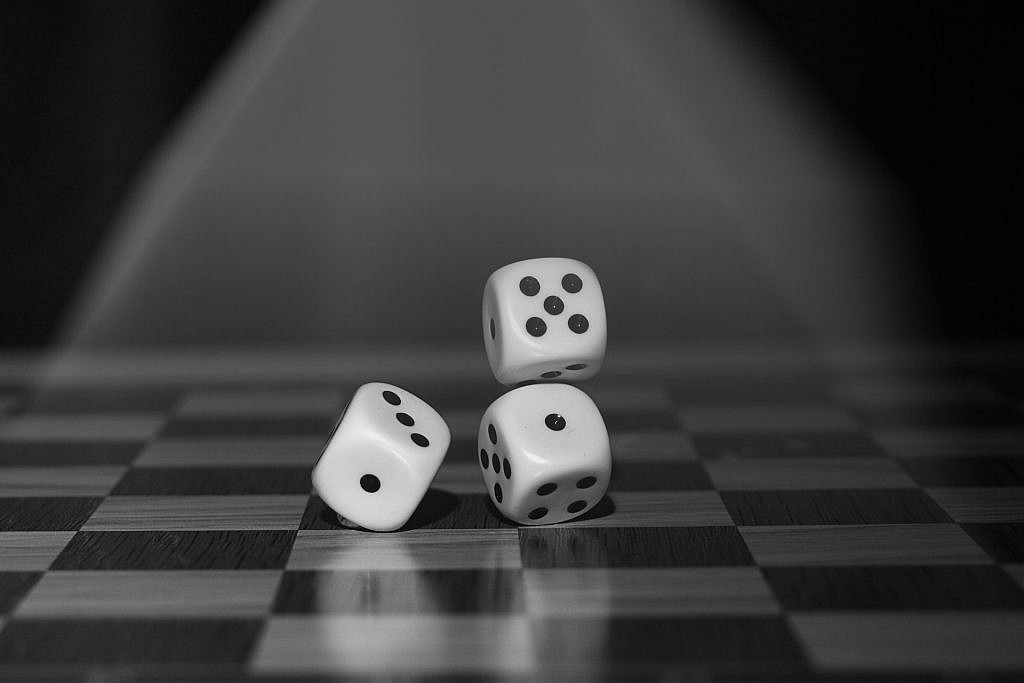Theory of change is a board game designed by Theresa Tribaldos and Flurina Schneider (2021). Their research aimed to create a combination of boardgame and a card game that helps to form a social environment suitable for multidisciplinary discussions and learning on the questions of sustainable development.
The Theory of Change game was designed to help the process of forming knowledge from multiple different science communities. The game’s mechanics were designed to aid researchers to differentiate political and institutional agents and to gain more perspectives for new ideas according to the issues of sustainable development. The Theory of Change game was seen as fruitful for designing, monitoring, and evaluation purposes which were in line with the older research about gamified approaches in the process of communicating problematic research questions. It proved itself successful by benefitting the participants from three different kinds of social learning which involved cognitive, relational, and normative learning. However, the practical testing showed that the game struggles to benefit groups that intend to tackle other subject matters as it was tightly designed around the issues surrounding the themes of sustainable development.
The Theory of Change game works by mixing board game and card game elements. The game board is divided into different sets of questions and various cards with color codes hold questions and instructions for the conversation. The first round of the game focuses on introductions, and every question has a 5-minute time limit on the answers. The second round offers an option to dive deeper into these themes of the first round until a player chooses to move on to the next field of subjects. The cards are divided into five different colors: white, blue, green, yellow, and red each holding its function in the game. For example, White cards hold broader questions for the first round and red cards hold the power to move the conversation to the next field in case the conversation begins to stick. This way the cards work as conversation tools, which force the conversation to move on or dive deeper into the current subject. All the game’s cards can be traded with other players freely. The sessions took from 5-6 players around 2.5 to 3 hours to complete in test conditions which were held in conferences.
In the three conferences where the game was demoed, it proved Tribaldos’s and Schneider’s concept successful. Only the elements of encouraging participants deeper into working as a team was seen lacking. The challenge of getting shy players to join in the conversation proved also to be something that must be considered in the future development of the game. Otherwise, the results seemed promising as the game proved to be a good platform for people from mixed backgrounds to be able to join and take part in the conversations on sustainable development thus proving the concept of the game as a conversation guiding tool successful.
Tribaldos, T. & Schneider, F. (2021). Enabling Players to Develop Theories of Change for Sustainable Development: A Serious Game. Simulation & Gaming, 52(5), 664–678. https://doi.org/10.1177/10468781211022399
Pictures: https://pixabay.com/photos/chess-board-game-board-game-2730034/ https://pixabay.com/photos/dice-game-monochrome-roll-the-dice-1502706/ https://pixabay.com/photos/cards-garden-play-flower-nature-5151653/
The pictures in this post do not represent the Theory of Change -game by Theresa Tribaldos and Flurina Schneider (2021).


